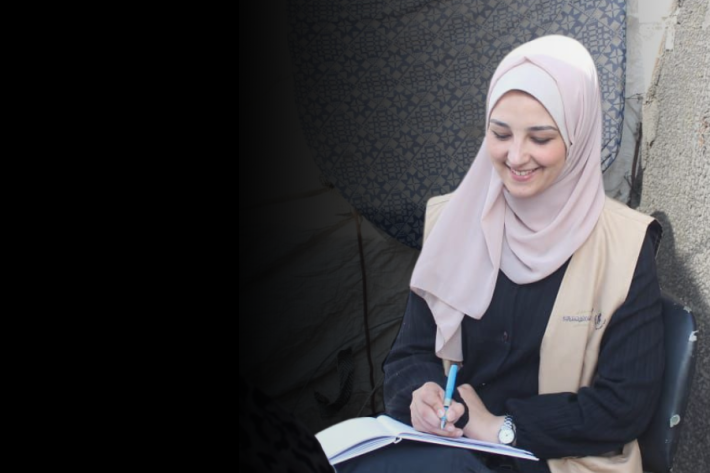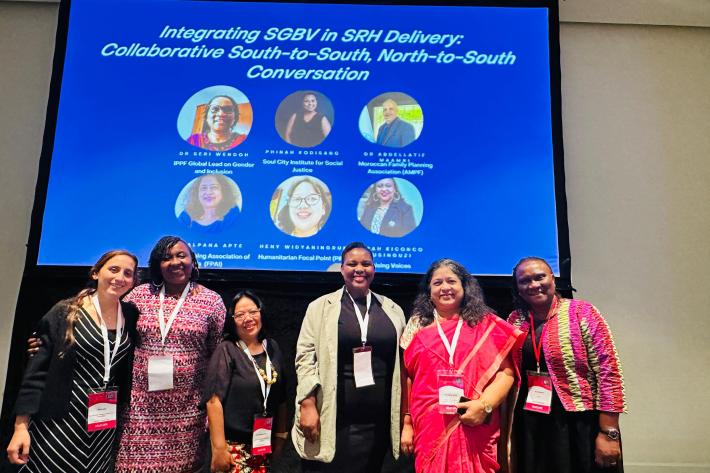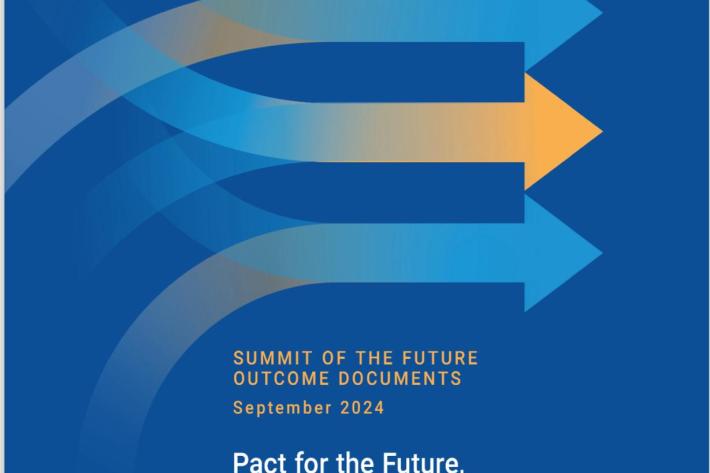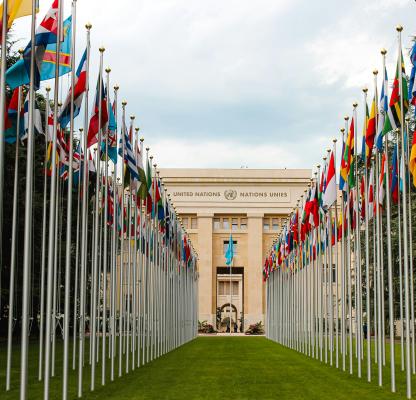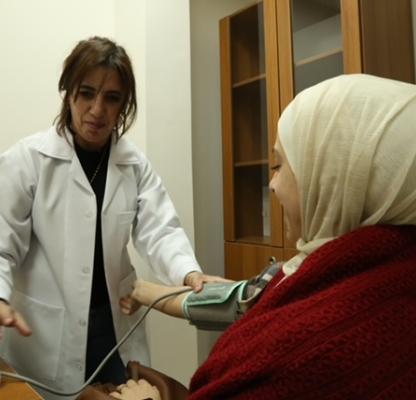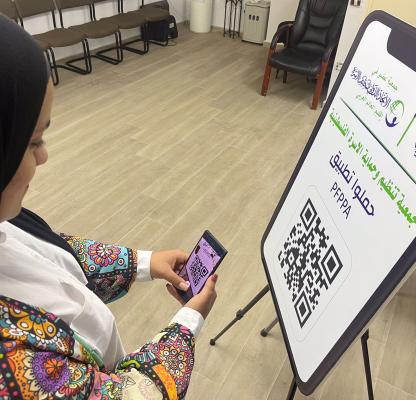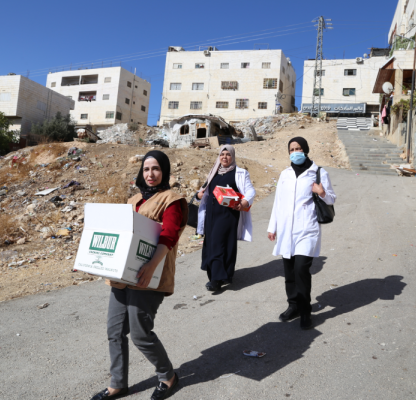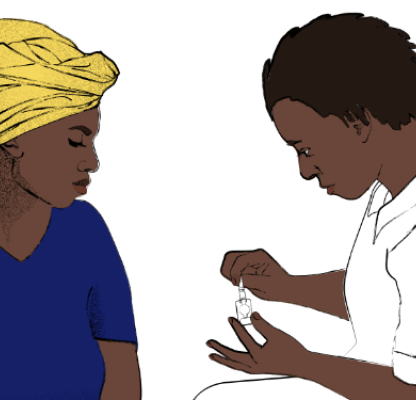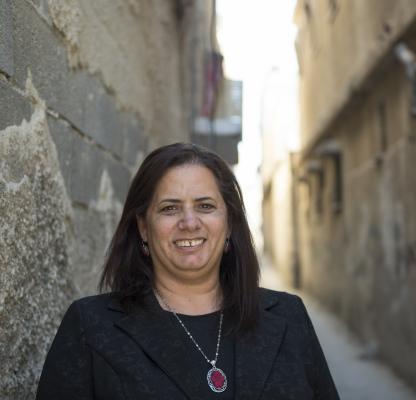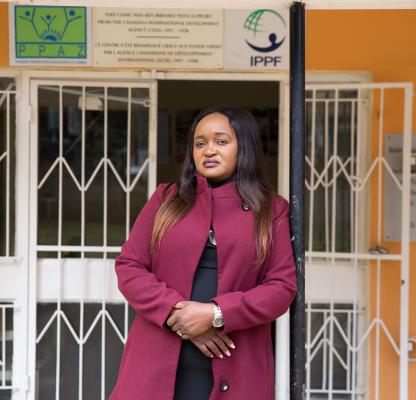
Latest Blogs
A selection of blogs from across the Federation

The Battle of Reframing: How anti-choice groups manipulate language to try to control the narrative
Reframing is one of the most powerful tools we have. Anti-choice movements have nefariously hijacked terms like “life” and “choice,” but we must reclaim them with accuracy and power.
24 April 2024
On this International Day for Multilateralism and Diplomacy for Peace, let's recommit ourselves to championing the rights and dignity of women and girls in conflict zones.
20 November 2023
While all eyes are rightfully on the dire situation in Gaza, Palestinians in the West Bank are also at risk when accessing sexual and reproductive health care.
08 March 2023
PFPPA's free mobile app provides clients with information and services including sexual and reproductive health, gender-based violence and comprehensive sexuality education.
13 December 2022
The project’s goal is to make sure that SRH services and rights are promoted and made accessible to vulnerable and underserved Palestinian women and girls in Gaza and the West Bank.
05 January 2022
As part of our Women in Leadership series, IPPF spoke to Ammal Awadallah, Executive Director, Palestine Family Planning and Protection Association.
22 July 2021
Like many of our Member Associations, Planned Parenthood Association of Zambia (PPAZ), acted swiftly in March 2020 to develop a new and efficient strategic approach to healthcare delivery for its clients. PPAZ introduced an initiative that, for the first time, offered self-managed contraceptive care to women and young people.
25 March 2020
We caught up with Ammal Awadallah, Executive Director of the Palestinian Family Planning & Protection Association (PFPPA), on the impact of COVID-19 on vital healthcare services.
06 August 2018
For 50 years, the Planned Parenthood Association of Zambia (PPAZ) has provided sexual and reproductive health care, including contraception, safe abortion, HIV treatment. The reinstatement of the Global Gag Rule by the US administration has forced the organisation to shut down life-saving services to key populations.











